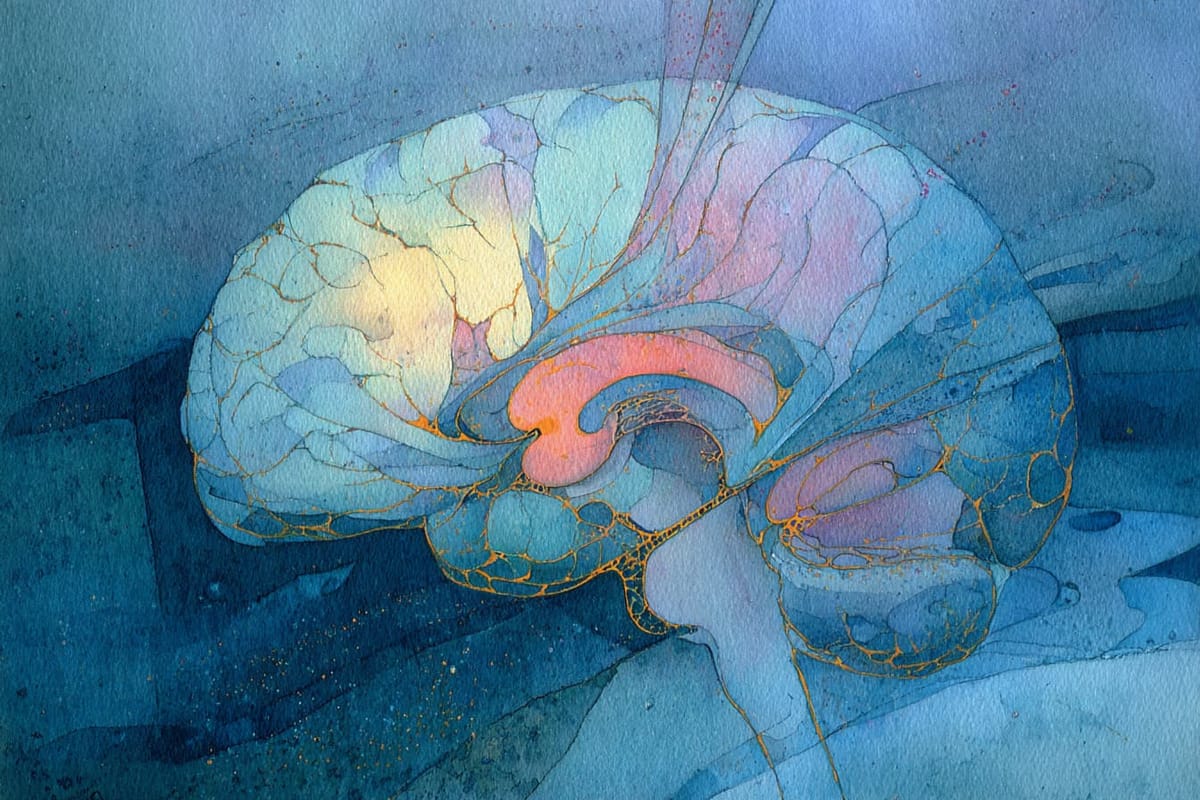Another Statistic
I’m an anomaly in many ways.

I’m re-listening to the book When Breath Becomes Air by Paul Kalanithi. It was published in 2016, posthumously. Kalinithi wrote about his diagnosis with terminal lung cancer and how he navigated the world until his death.
I’m listening to this not because I’m going to die, but because I’m currently navigating the world with a brain tumor diagnosis. Recovery from surgery will likely impact me for weeks, if not months… if not longer.
Of all professions in the world, Kalanithi was a neurosurgeon. He was fascinated by the brain. He wrote about his residency and how challenging the field of neurosurgery is. One millimeter of a mistake can mean the difference between life and death.
Kalanithi also wrote:
It occurred to me that my relationship with statistics changed as soon as I became one.
I have felt before, years ago, when I experienced pregnancy loss. In the United States, stillbirth is defined as a loss after 20 weeks of pregnancy. Nelle died at 21 weeks. The rate of stillbirth is about 1 in 60, which seems like a high number when you think about it. 1.6% of all pregnancies.
My second pregnancy loss was at 16 weeks. Iris was not a stillbirth, but a second-trimester loss. From my perspective, it was the same. I still had to go through labor and delivery for hours. A second-trimester loss by itself is uncommon, affecting about 2-3% of pregnancies.
And so I wondered, at the time, what are the odds of two second-trimester pregnancy losses? I never had answers. Was it just a bizarre coincidence? Or is there a link that medicine and science have not yet uncovered?
After I received my brain tumor diagnosis, I started looking at statistics. The rate of brain tumors in the general population is about 0.2%. I have one, and my dad had one. Both benign, though his was a different type (an acoustic neuroma).
What are the odds of two brain tumors in the same family? Is there a genetic or environmental component? I find myself frustrated by lack of answers.
I asked the first neurosurgeon I met if there is a genetic component to brain tumors. He shrugged with a little bit of a grin and said, “Well, not that we know of.”
Is not having an answer better than having an answer? Would having an answer make me feel better, or make me feel worse? Like if there is something in the environment, could I have avoided it? Could I have done something differently in my life? I'll never know.
It's not a reason to blame myself. I don't do that. But we do a lot of things in our lives to reduce the risk of something happening. We wear seat belts, so we don't get into a car accident. We've learned that lead and asbestos are bad. We know that smoking causes lung cancer.
Knowledge helps us avoid potentially bad outcomes. A lack of knowledge leaves me with a helpless feeling.


